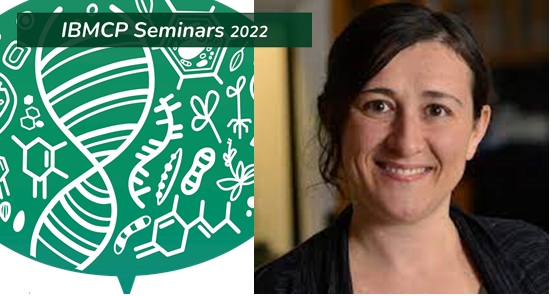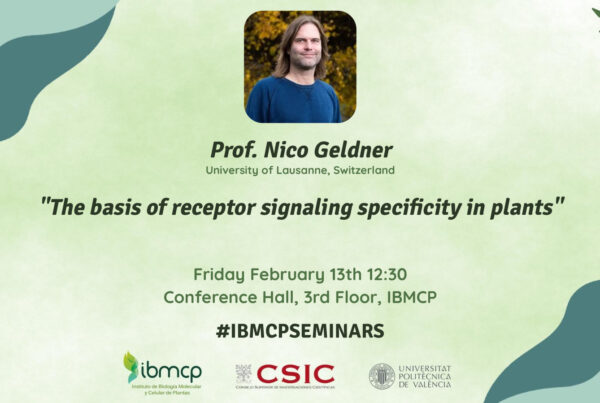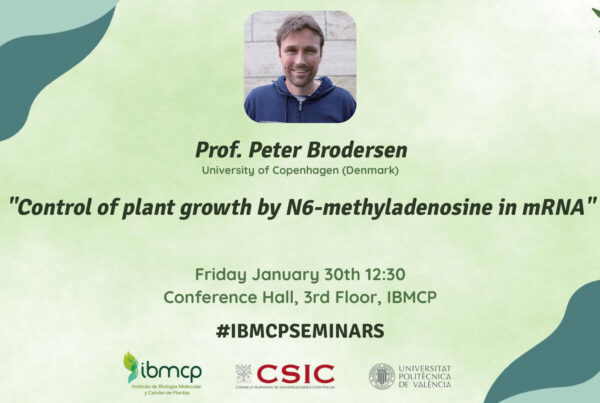“The Goldilocks principle, just the right amount of growth”
Stem cells are the source of different cell types, and the balance between stem cell self-renewal and differentiation of their progeny regulates the overall growth of an organ. Disruption of this balance can lead to unchecked growth, producing tumors or deformed organs. We have used the Arabidopsis root, characterized by the presence of a spatially confined stem cell niche, to gain a coherent qualitative and quantitative understanding of stem cell regulation. In the root apical meristem, we know many of the key players controlling specific stem cells. Yet, we lack an understanding of the regulatory programs and emergent signaling that leads to stem cell fate. Using techniques derived from biological, mathematical, and engineering science we have unraveled the mechanisms that regulate plant stem cell fate, maintenance, and behavior as a whole. Identifying and mathematically characterizing the “rules” controlling stem cells, for example identifying the interacting components of the stem cell signaling pathway, is a key step in controlling growth and development of plant organisms.
Teams link:
https://teams.microsoft.com/l/meetup-join/19%3ameeting_M2Y4ZjUzNTYtMjEzZC00NDg5LWI2NTctODJmNDJjZjkwMjMz%40thread.v2/0?context=%7b%22Tid%22%3a%22be4655df-ac73-401f-a7ae-198c3b72d0c6%22%2c%22Oid%22%3a%22376ccfde-b99e-4095-9967-ec6973c53f4d%22%7d
Bio:
Ross Sozzani holds a PhD in genetics and molecular biology and a master of science degree in biological science from the University of Pavia, Italy. She is an associate professor and university faculty scholar, in the Plant and Microbial Biology Department at North Carolina State University. Her research focuses on the molecular mechanisms that regulate growth and development of multicellular organisms. Her interest is to use large biological data and develop algorithms or models to understand biological systems and relationships at multi-scale level and translate this knowledge to engineering plants with enhanced agronomic function. Currently, she serves as the Director of the Plant Improvement for the NC Plant Science Initiative, she is the Deputy-Director of the NSF Science and Technology Center for Phosphorus Sustainability (STEPS) and she leads an NSF AccelNet program aimed at accelerate integration of engineering, life science, and agricultural research to prepare the next generation of U.S. researchers for multiteam international collaborations.








